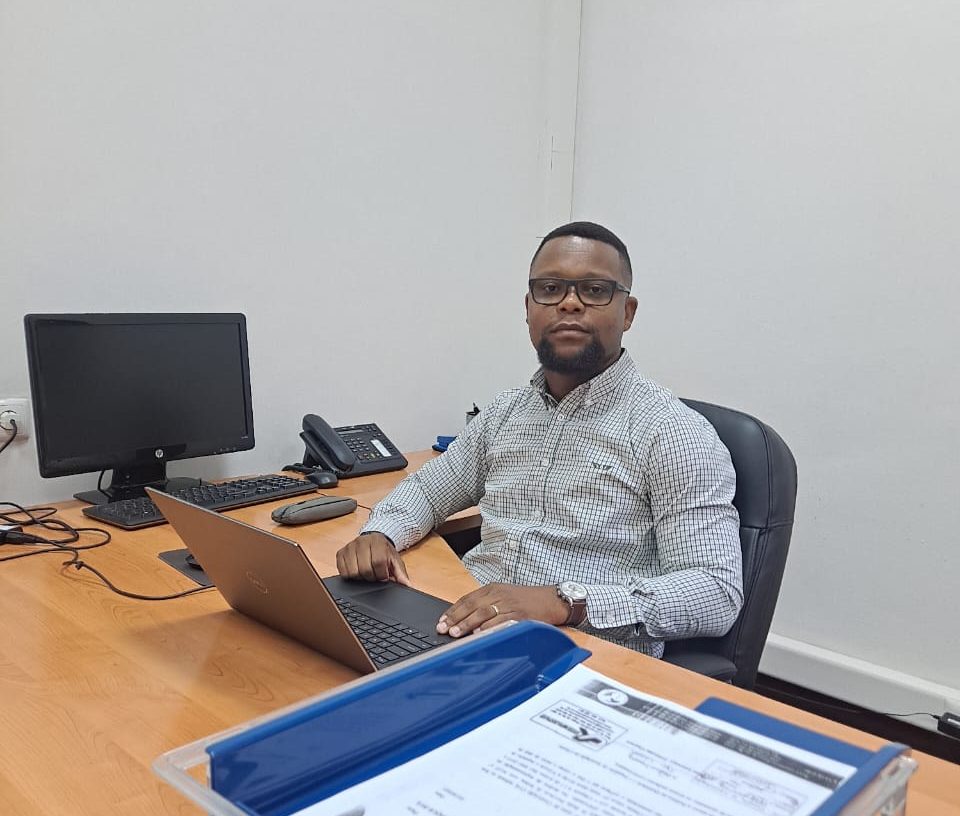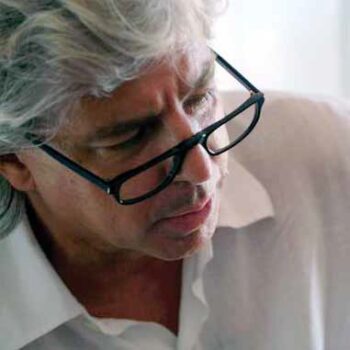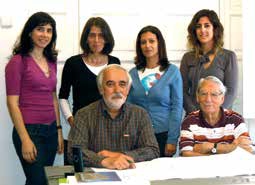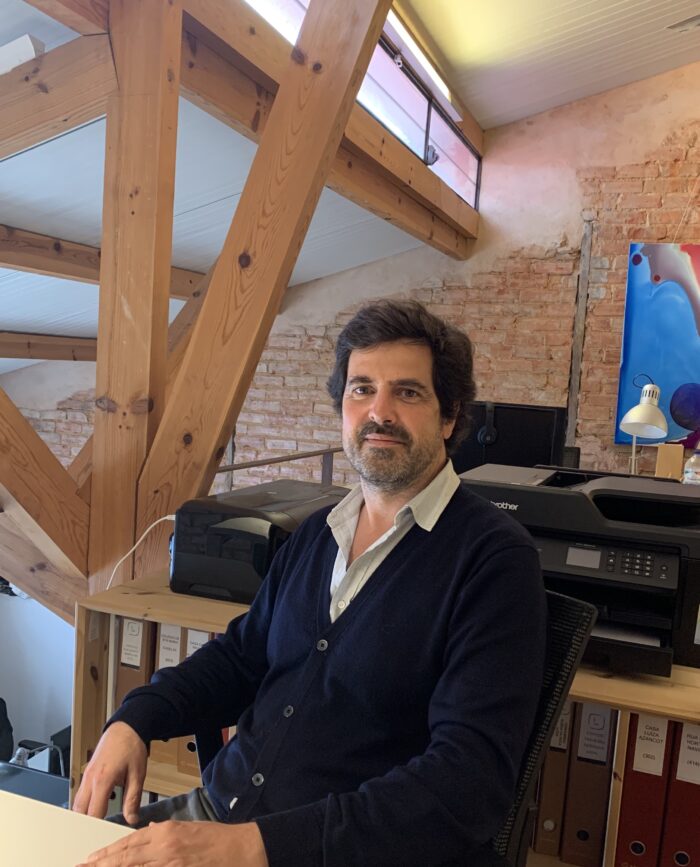A conversation with Eng. Melvin Xavier

A conversation with Eng. Melvin Xavier
'Despite the recurring damage created by natural disasters, the transport sector is one of those that has managed to stay on course for development, with the major challenge being the maintenance of infrastructure'
Why did you choose civil engineering?
I’ve always enjoyed drawing and building houses out of paper and clay. While I was at secondary school, in 2000, my hometown, Chokwé City, was hit by floods and a lot of social infrastructure was destroyed. This entailed huge costs and affected the lives of the population, due to the inoperability of basic social services, especially health and education, but also transportation, as the national road was impassable. With the start of the reconstruction work, I was able to witness interventions that further awakened my passion for Civil Engineering, as I realized the impact that this area has on the life of society. I also realized the importance of promoting the construction of resilient civil infrastructures, since most of the urban and rural buildings that were destroyed were of precarious construction.
Tell us about your background.
I have a degree in Civil and Transport Engineering from the Instituto Superior de Transportes e Comunicações, since 2010, and a Postgraduate Diploma in Petroleum Engineering from the Faculty of Engineering at Eduardo Mondlane University. In 2009, following my graduation work, I got an academic internship at the company Portos e Caminhos de Ferro de Moçambique – CFM, E.P. As an intern, I took part in the Rehabilitation of the Tourist Complex in Bilene. After graduating, I was hired by CFM to join the Engineering Studies and Design Department as a works supervisor. My first major job was the emergency reconstruction of the Ressano Garcia Line Bridge, following a rail accident that led to its total ruin. This intervention raised questions about the need for interventions on railway bridges in the CFM and led to a survey of the situation of the railway bridges on the Ressano Garcia Line, and one on the Goba Line, through the Civil Engineering Laboratory of Portugal and Mz Betar. Mz Betar’s experience has been very helpful in overcoming the challenges that have arisen, as they have intervened quickly and proposed solutions that have met our expectations. Since 2013, 9 bridges have been rehabilitated, reinforced and replaced on the Ressano Garcia Line. Since 2017, I have been coordinator of the Ports, Bridges and Special Structures area, with responsibility for ensuring that studies and projects related to these areas continue.
What projects are CFM developing in the rail sector?
CFM is working on the project to double the Ressano Garcia Line, which connects the Port of Maputo to the South African border area. This includes the construction of a second railway line from Matola Gare Station to Secongene Station, around 42 km of new track, the construction of 4 railway bridges and around 25 hydraulic crossings. They are also rehabilitating the Machipanda Line, which connects the Port of Beira to the Zimbabwean border area, with a length of 322 km. Due to the damage caused by cyclone IDAI, which occurred in the center of the country in 2019, the rehabilitation of the coal terminal quay at the Port of Beira is underway and the Technical, Economic and Environmental Feasibility Study for the Expansion of the Fuel Terminal is being drawn up. With the need to cope with the oil and gas industry, CFM is drawing up the executive project to expand the quay at the Port of Pemba. They have also been investing in the acquisition of rolling stock, namely locomotives and wagons for the Southern and Central rail systems.
What is your assessment of the evolution of the transport network in Mozambique?
I have a good assessment of the evolution of the transport network in Mozambique, especially the railway network, with the rehabilitation of the Sena Line in 2009, with a view to transporting coal from Moatize to the Port of Beira, the construction of the new railway line from Nacala to Moatize, via Malawi, and the ongoing work on the Ressano Garcia and Machipanda Lines, under the management of CFM. Despite the recurring damage caused by natural disasters, the transport sector is one of those that has managed to stay on course for development, although its biggest challenge is the maintenance of infrastructure, which still needs a lot of investment. I believe that with the rail projects underway, the lifespan of the roads could increase due to the reduction in the number of heavy trucks expected to be transferred to the rail line. I also hope that internal maritime freight transport will become viable. In the big cities, a short-term solution must be found for subway passenger transport. CFM has acquired railcars for the southern and central regions, which will help the already existing system of daily passenger transport on the Goba, Ressano Garcia and Limpopo lines and transport from the city of Beira to the towns of Moatize and Machipanda.
This interview is part of Artes & Letras Magazine #148, January 2023.
Partially automatic translation from portuguese: some expressions may differ from their actual meaning.
News & Interviews
A conversation with Arch. Paulo David
‘It can be more exciting to build a home for a friend in my village, than to build a tower on 5th Avenue in New York for unknown users’ Read more
A conversation with Arch. Matos Veloso and Arch. Gomes Ribeiro
'I lived in Africa for many years but I was not forced to emigrate. At this moment, it is in Mozambique that the possibility of exercising the activity is.’ Read more
A conversation with Arch. António Costa Lima
'I believe that an architect should assume himself as an aggregating factor and at the same time conciliatory, in a team that is always composed of many people and entities.' Read more




